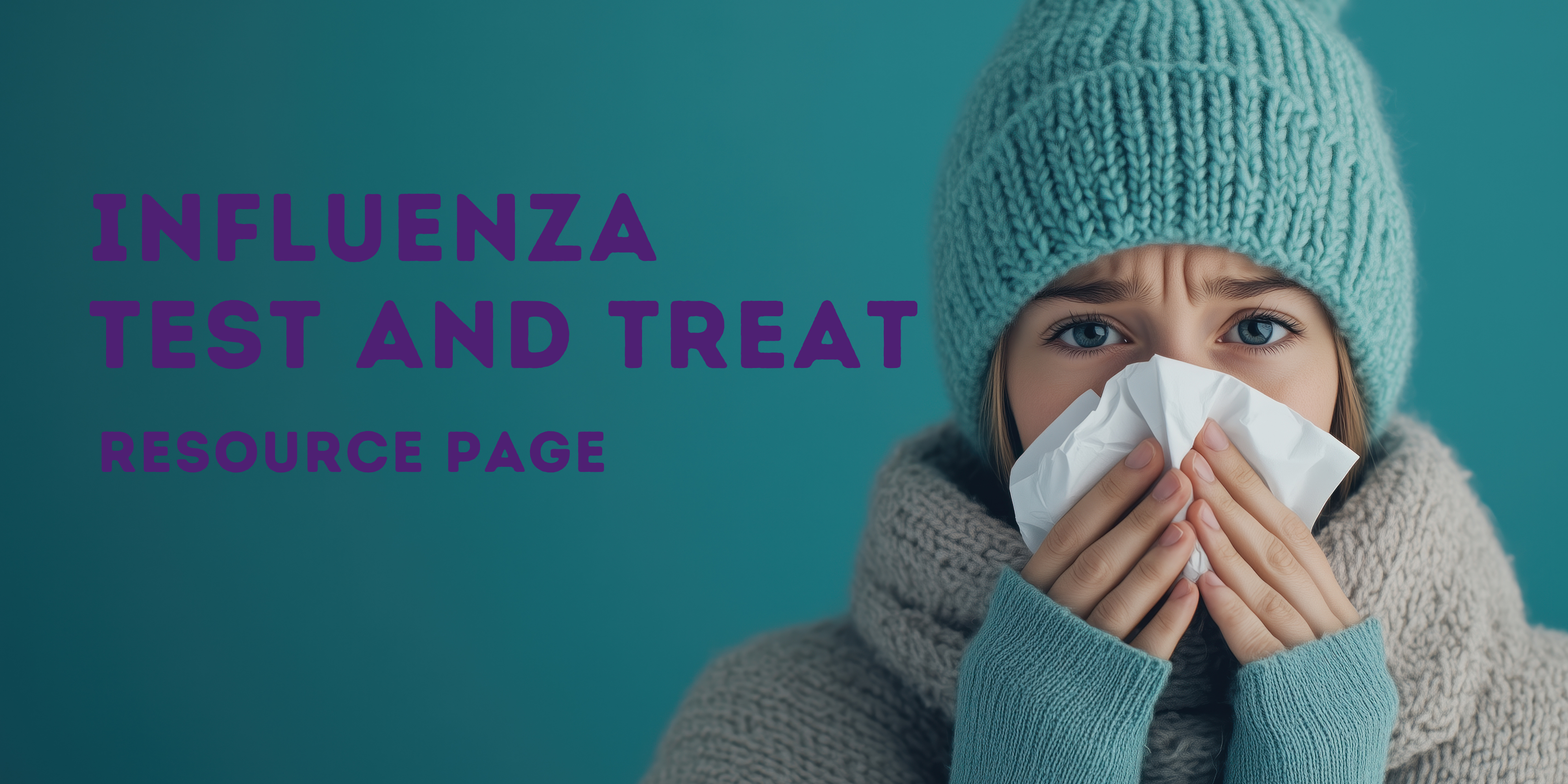|
Opioid Stewardship Certificate Training for Student Pharmacists
Register Here
Click Here to View Course After Successful Registration Above
The US is fraught with a crippling opioid epidemic stemming from decades of misguided approaches to addiction and over-zealous marketing and management of pain. In fact, six North Carolinians die every day from a drug overdose. In response to this epidemic, The North Carolina Association of Pharmacists, along with numerous stakeholders, are working strategically to increase early detection, prevention, intervention, and treatment capacities. In 2019, NCAP was awarded funding from the Cardinal Health Foundation to support a 2-year initiative aimed at Optimizing Prescribing in Pain Management. Recognizing the opioid crisis did not occur suddenly, nor will it be resolved quickly; a major component of this initiative is to help prepare student pharmacists to enter the workforce ready and willing to help with this crisis, creating both service capacity and an enduring solution. In collaboration with the four North Carolina Schools of Pharmacy, UNC Eshelman School of Pharmacy, Campbell University College of Pharmacy & Health Sciences, Wingate University School of Pharmacy, and High Point University School of Pharmacy, it is our pleasure in providing the following Opioid Stewardship Certificate Program. Course Outline
In collaboration with the four North Carolina Schools of Pharmacy, UNC Eshelman School of Pharmacy, Campbell University College of Pharmacy & Health Sciences, Wingate University School of Pharmacy, and High Point University School of Pharmacy, it is our pleasure in providing the following Opioid Stewardship Certificate Program. Within the scope of this training, students will complete four online modules that include: Use of SBIRT (Screening, Brief Intervention, and Referral to Treatment) Fundamentals of Medication-Assisted Treatment (MAT) Chronic Pain Management Topics and Best Practice Harm Reduction Topics and Service Concepts Each school will provide student participants with interactive and practical sessions for integrating service concepts into practice. Following successful completion of the virtual and interactive learning components, pharmacy students will work with designated coordinators to prepare student-provided, health professional and community evidence-based educational outreach. |



